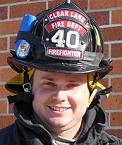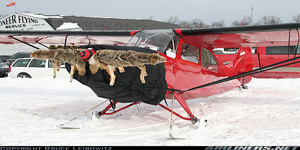Why are we more hypoxic at lower altitudes during the night?
Anyone care to give it a try?




My instructor brought on an interesting question today during ground school:
Why are we more hypoxic at lower altitudes during the night?
Anyone care to give it a try?







"Why do we need oxygen masks at 5,000ft during the night but 8,000 during the day?"


"Why do we need oxygen masks at 5,000ft during the night but 8,000 during the day?"
 People Eating Tasty Animals.
People Eating Tasty Animals.




 People Eating Tasty Animals.
People Eating Tasty Animals.

Just to clarify this thread, what sort of aircraft are we talking about here. Pressurised, unpressurised, commercial or private??
Matt













Users browsing this forum: No registered users and 266 guests